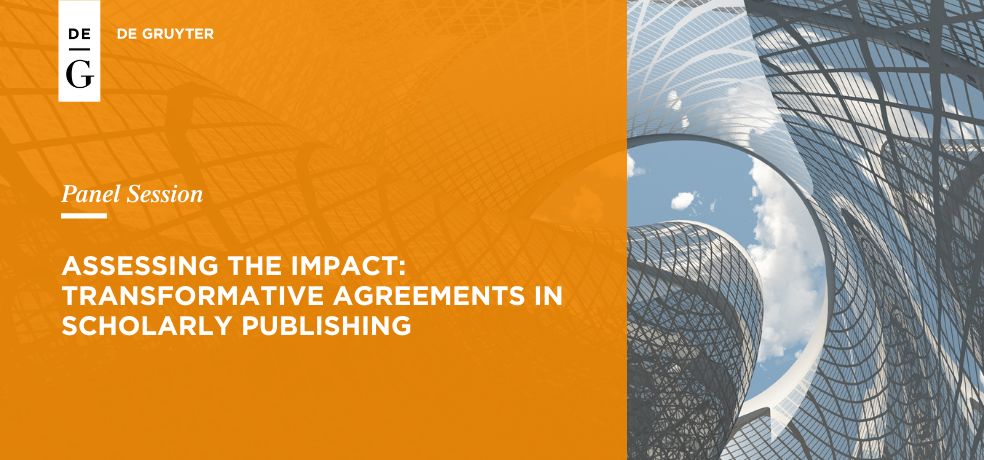Gold Leaf Blog
-
Read more: DOAJ metadata survey now live

DOAJ metadata survey now live
https://www.surveymonkey.com/r/DOAJconsultation DOAJ has commissioned Gold Leaf to consult with the community to ensure that the data collected by the service is relevant, necessary, and useful. All global stakeholders and users of DOAJ, regardless of location, are encouraged to participate in the survey, which can be found here. The survey is also available in French, Spanish or Portuguese. TheContinue…
-
Read more: DOAJ commissions a new metadata survey

DOAJ commissions a new metadata survey
DOAJ (Directory of Open Access Journals) has appointed Gold Leaf, a small consultancy based jointly in the UK and the USA, to conduct a thorough survey of the journal-level metadata it collects. Currently, DOAJ indexes more than 20,300 journals. Every entry is checked manually. The new survey will seek feedback from all stakeholders worldwide –Continue…
-
Read more: Assessing the Impact: Transformative Agreements in Scholarly Publishing

Assessing the Impact: Transformative Agreements in Scholarly Publishing
21 March 2024, 16.00-17.30 CET(3pm-4.30pm BST) Webinar hosted by Gold Leaf, sponsored by De Gruyter The first Transformative Agreements [TA] were developed more than five years ago. Hundreds have since been signed throughout the world (though predominantly in the West). At its most basic, the TA asks libraries to pay for both the ‘read’ andContinue…
-
Read more: A profile of Henian E; distinguished Chinese librarian

A profile of Henian E; distinguished Chinese librarian
We hope you have enjoyed the series of six blog posts we wrote on behalf of De Gruyter, which gave the blog a great start to 2024. We should like to follow up with occasional interviews with more librarians from around the world. In this first piece Mr Henian E, a distinguished Chinese librarian whoContinue…
-
Read more: Academic Librarians on Intellectual Freedom and Change, part 6

Academic Librarians on Intellectual Freedom and Change, part 6
An interview with Jochen Johannsen At RWTH Aachen University information literacy is liberating in a very literal sense: the Library stages Escape Rooms which you can only get out of by researching information!We spoke to Library Director Jochen Johannsen about this, Intellectual Freedom and navigating disruptions in our final part the De Gruyter interview series “Academic Librarians on Intellectual Freedom”: To readContinue…
